From Foraging to Farming
‘We used to live in bamboo huts and were always worried about natural disasters
damaging our hut and belongings. We neither had the necessary finances to build
proper stable houses nor the peace of mind and capacity to participate in
agricultural activities. The intervention of the Tarayana Foundation has transformed
our lives beyond my imagination. With the sense of freedom, comfort, and peace of
housing along with the unrelenting guidance from the field officers, we have been
able to focus on agricultural activities.
I recall going into the forests to collect various non-wood food products, buying
food products from nearby towns, and growing a limited variety of grains. The
processing of the food we collected from the forest was extraneous – we either had
to wash them countless times in the river or take them to faraway places for
pounding. Regarding our agricultural practice, we only grew maize and foxtail
millet.

It has been over three years since I started receiving support from the Tarayana
Foundation for the production of agricultural products in both resources and skills. I have started growing vegetables such as cauliflower, cabbage, and broccoli –
allowing me and my family to live sustainably. Three years ago, I only saw
vegetables during our rare visits to towns, and we had yet to learn how to grow or
consume them. Last year, I could produce over 80 kilograms of vegetables per
season but due to the pandemic I could not take the products to the market but the gewog office and school procured them. I earned about Nu. 30,000/- from the
transaction.
Comparing the times, I had yet to learn about agriculture work as a source of
income and I feel very grateful for the advice and guidance. We also lacked the
necessary exposure, skills, capital, and capacity for self-sufficient farming but the
Foundation has sent experts into the village as well as community members outside for training, and workshops. One of the most unconventional lessons I have learned is using goats’ and cows’ droppings as fertilizers.
With the introduction of vegetables into our diet, I have also noticed an improved level of health in the community. Before venturing into agriculture, I used to sell oranges and dairy products for income. Now, I am fully invested in agriculture and food production, and with the income, I can invest in my children’s education – two at Taktse College of Language and Cultural Studies and one at a school in Dorokha.
I keep Her Majesty Ashi Dorji Wangmo Wangchuck’s advice in my heart. I recall
Her Majesty’s appreciation for the improvement of the community. She also
reminded us to work hard for the development of the community, live in harmony
with one another, and not consume alcohol.
My goal is to continue farming and build as well as improve my houses for my
children’s well-being. I am an earnest person and I have continued working without being deterred even during incidents such as cardamon trees dying, lack of areca nuts, and shortage of From Foraging to Farmingwater. I feel the village has come a long way in terms of health and hygiene and we can capitalize greatly on agriculture if there is a good supply of water.’
Improved Houses
2555
Green Technologies
124
School Clubs
124
Total Beneficiaries
200000
